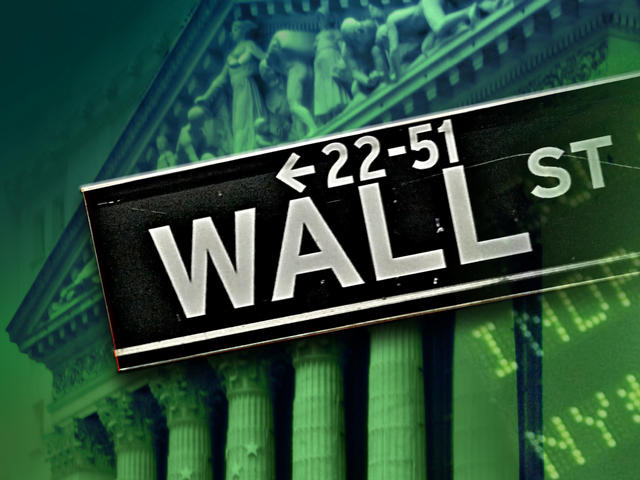Wall Street sets negative records after bailout fails
 Washington - US stocks plunged and the Standard & Poor's 500 index tumbled the most on Monday since the 1987 crash after the US House of Representatives rejected the biggest government intervention into capital markets since the Great Depression.
Washington - US stocks plunged and the Standard & Poor's 500 index tumbled the most on Monday since the 1987 crash after the US House of Representatives rejected the biggest government intervention into capital markets since the Great Depression.
The hotly debated 700-billion-dollar rescue plan, which was intended to thaw out the frozen credit flow, failed in a 228-205 vote in the House. US President George W Bush has warned the country faces a long and painful recession without the plan.
Stocks were already sliding on the news earlier Monday of the end of the country's fourth-largest bank, Wachovia Corp, and banking giant Citigroup's intervention to buy up the bulk of its operations.
But after the early afternoon vote, in which Republicans led the opposition voting by 2-1, the dive got steeper.
At the closing bell, the Standard & Poor's 500 broad-based index had fallen 106.59 points, or 8.79 per cent, to 1,106.42. The blue chip Dow Jones Industrial Average shed a whopping 777.68 points, or 6.98 per cent, to 10,365.45. The high tech Nasdaq Composite Index lost 199.61 points, or 9.14 per cent, to 1,983.73.
The day set staggering stock market records. The S&P plunge brought the index to an 11 per cent drop for September so far, its largest drop since September 2002, Bloomberg financial news service reported.
The 778-point drop in the Dow Jones was the largest point drop in history.
Stock markets around the world plunged multiple percentage points Monday as European countries stepped in to salvage four financial giants - Britain's mortgage lender Bradford & Bingley (B&B), the Belgian-Dutch banking and insurance company Fortis, Germany's mortgage lender Hypo Real Estate (HRE) and Iceland's Glitnir bank.
The US Federal Reserve also pumped a further 630 billion dollars into the international system on Monday to increase cash flow and help alleviate the credit crunch.
After the bailout failed, an agitated US Treasury Secretary Henry Paulson spoke to reporters after meeting Bush at the White House, vowing to continue working with Congress to find a solution and to use all the measures at his fingertips to stave off economic collapse.
"Our tool kit is substantial but insufficient," he said.
The crisis began with bad home loans to subprime borrowers, then mushroomed when financial firms packaged the loans and sold them as hot-ticket securities bought by companies around the world.
For more than a year, the US Federal Reserve has been pumping more money than usual into the finance system, but the industry has continued to haemorrhage.
In recent months, the US government backed a 30-billion-dollar loan by JP Morgan Chase to buy investment bank Bear Stearns; tookover mortgage giants Freddie Mac and Fannie Mae which could cost 200 billion dollars; and an 85-billion-dollar takeover of insurance giant American International Group.
Two weeks ago, the US government refused to rescue Lehman Brothers, which declared a 600-billion-dollar bankruptcy. Since then, the nation's largest and fourth largest banks, Washington Mutual and Wachovia, teetered and were swallowed up by larger banks.
"It's pretty much a nightmare," Michael Nasto, the senior trader at US Global Investors Inc, was quoted by Bloomberg as saying. "This is the worst we've seen it since the credit mess started. Until we know exactly why they didn't pass it, we're going to be selling off for a while."
The US dollar improved against the euro to 69.30 euro cents from 68.43 euro cents on Friday. The greenback slipped against the Japanese yen to 104.05 yen from 106.01 yen on Friday. (dpa)